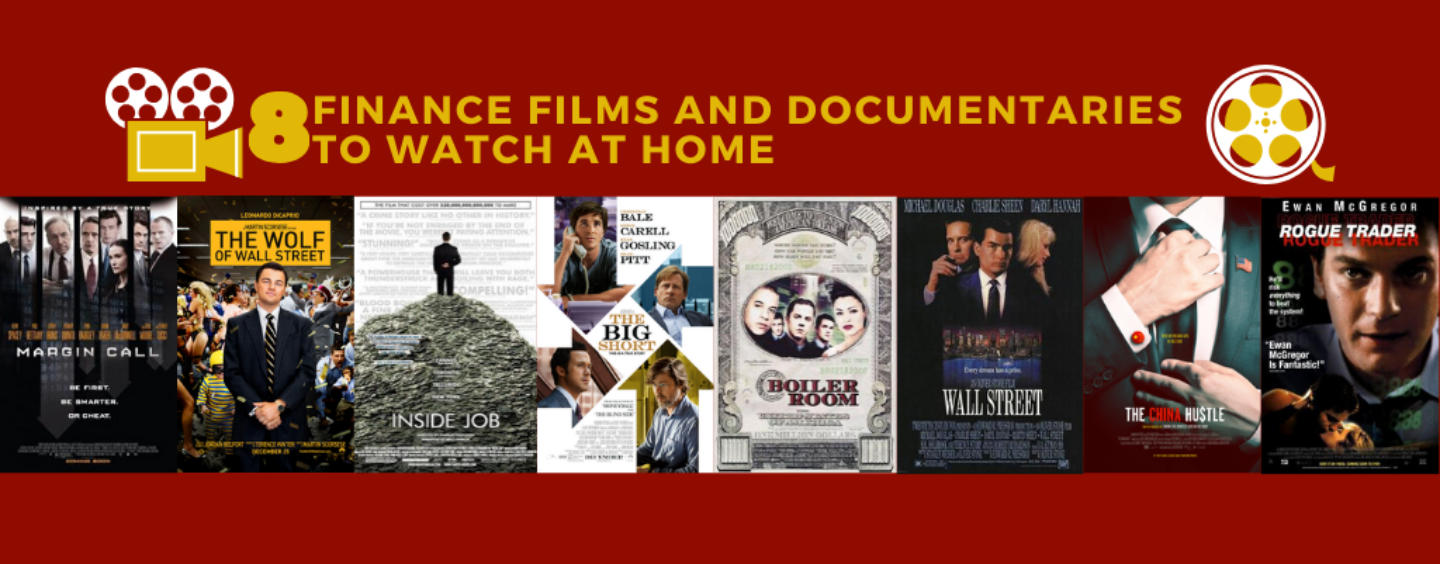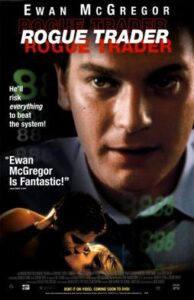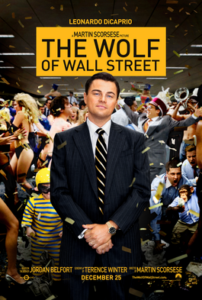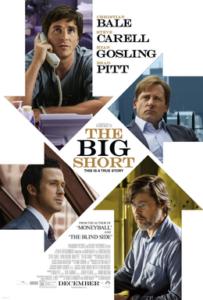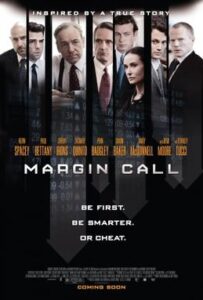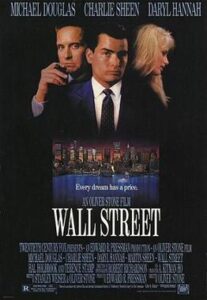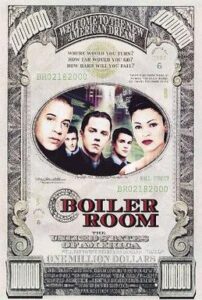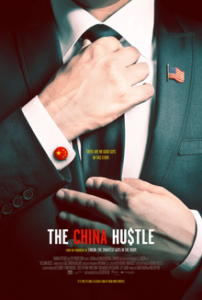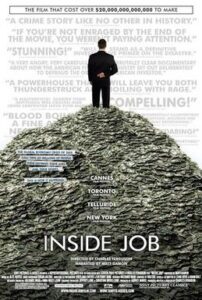With COVID-19 spreading and self-quarantine increasing, now is the time to finally binge on the TV shows and movies you’ve been wanting to (re)watch for so long.
For the finance pros and fintech geeks out there, we’ve compiled a list of eight finance movies and documentaries to enjoy in these dire times. The list comprises old-time classics, modern movie adaptations of best-selling books, as well as documentaries tackling current issues.
Rogue Trader (1999)
Rogue Trader is a 1999 British biographical drama centers in the life of former derivatives broker Nick Leeson and the 1995 collapse of Barings Bank.
The film tells the true story of Leeson, an employee of Barings Bank who after a successful spell working for the firm’s office in Indonesia is sent to Singapore as general manager of the trading floor on the SIMEX exchange. It follows Leeson’s rise as he soon becomes one of Barings’ key traders. However, everything isn’t as it appears, and through the 88888 error account, Leeson is hiding huge losses as he gambles away Barings’ money.
The Wolf of Wall Street (2013)
The Wolf of Wall Street is a 2013 American biographical black comedy crime film based on the memoir of the same name by Jordan Belfort.
The movie recounts Belfort’s perspective on his career as a stockbroker in New York City and how his firm, Stratton Oakmont, engaged in rampant corruption and fraud on Wall Street, which ultimately led to his downfall.
The Wolf of Wall Street was nominated for several awards, including five nominations at the 86th Academy Awards ceremony: Best Picture, Best Director and Best Adapted Screenplay, as well as Best Actor and Best Supporting Actor.
The Big Short (2015)
The Big Short is a 2015 American biographical drama film based on the 2010 best-selling book The Big Short: Inside the Doomsday Machine by Michael Lewis.
The film centers in how the financial crisis of 2007-2008 was triggered by the US housing bubble, and focuses on the lives of several American financial professionals who predicted and profited from the build-up and subsequent collapse of the housing and credit bubble.
The Big Short won the Academy Award for Best Adapted Screenplay in addition to nominations for Best Picture, Best Director, Best Supporting Actor, and Best Film Editing.
Margin Call (2011)
Margin Call is a 2011 American drama film which follows the key people at an investment bank, over a 24-hour period, during the early stages of the 2007-2008 financial crisis. In focus are the actions taken by the group of employees during the subsequent financial collapse.
Following its wide release in theaters, Margin Call garnered award nominations from the Detroit Film Critics Society, as well as a nomination for the Academy Award for Best Original Screenplay.
Wall Street (1987)
Wall Street, the 1987 American film, is the undisputed finance classic. The movie tells the story of Bud Fox, a young and impatient stockbroker willing to do anything to get to the top, who becomes involved with Gordon Gekko, a wealthy, unscrupulous corporate raider.
Michael Douglas, who played Gekko, won the Academy Award for Best Actor, and the film has come to be seen as the archetypal portrayal of 1980s success.
Director and co-writer Oliver Stone reunited with Douglas for a sequel titled Wall Street: Money Never Sleeps, which was released theatrically in 2010.
Boiler Room (2000)
Boiler Room is a 2000 American crime drama film that tells the story of college dropout Seth Davis attempting to live up to his father’s high standards.
Davis gets a job as a broker for a suburban investment firm which puts him on the fast track to success. However, the higher up the ladder Seth rises, the deeper he sinks into a quagmire of dirty dealings, until he’s breaking the law in order to keep his bosses happy and his paychecks coming.
The China Hustle (2017)
The China Hustle is a 2017 finance documentary that depicts a systematic securities fraud that continues to occur in the US, wherein small nondescript Chinese companies are hyped up and sold by American investment banks to US based investors.
Many of the film’s protagonists are activist shareholders and due diligence professionals who discovered the fraud and subsequently short-sold the toxic stock in order to bring about the collapse of the fraudulent entities.
This documentary rings the alarm on the need for transparency in an increasingly deregulated financial world by following those working to uncover one of the world’s current biggest heists.
Inside Job (2010)
Inside Job is a 2010 American documentary film about the 2007-2008 financial crisis. Director Charles Ferguson has said that the movie is about “the systemic corruption of the US by the financial services industry and the consequences of that systemic corruption.”
In five parts, the film traces the rise of a rogue industry and unveils the corrosive relationships which have corrupted politics, regulation and academia, and ultimately created the financial crisis.
Inside Job was acclaimed by film critics, who praised its pacing, research and exposition of complex material. It screened at the 2010 Cannes Film Festival in May and won the 2010 Academy Award for Best Documentary Feature.


